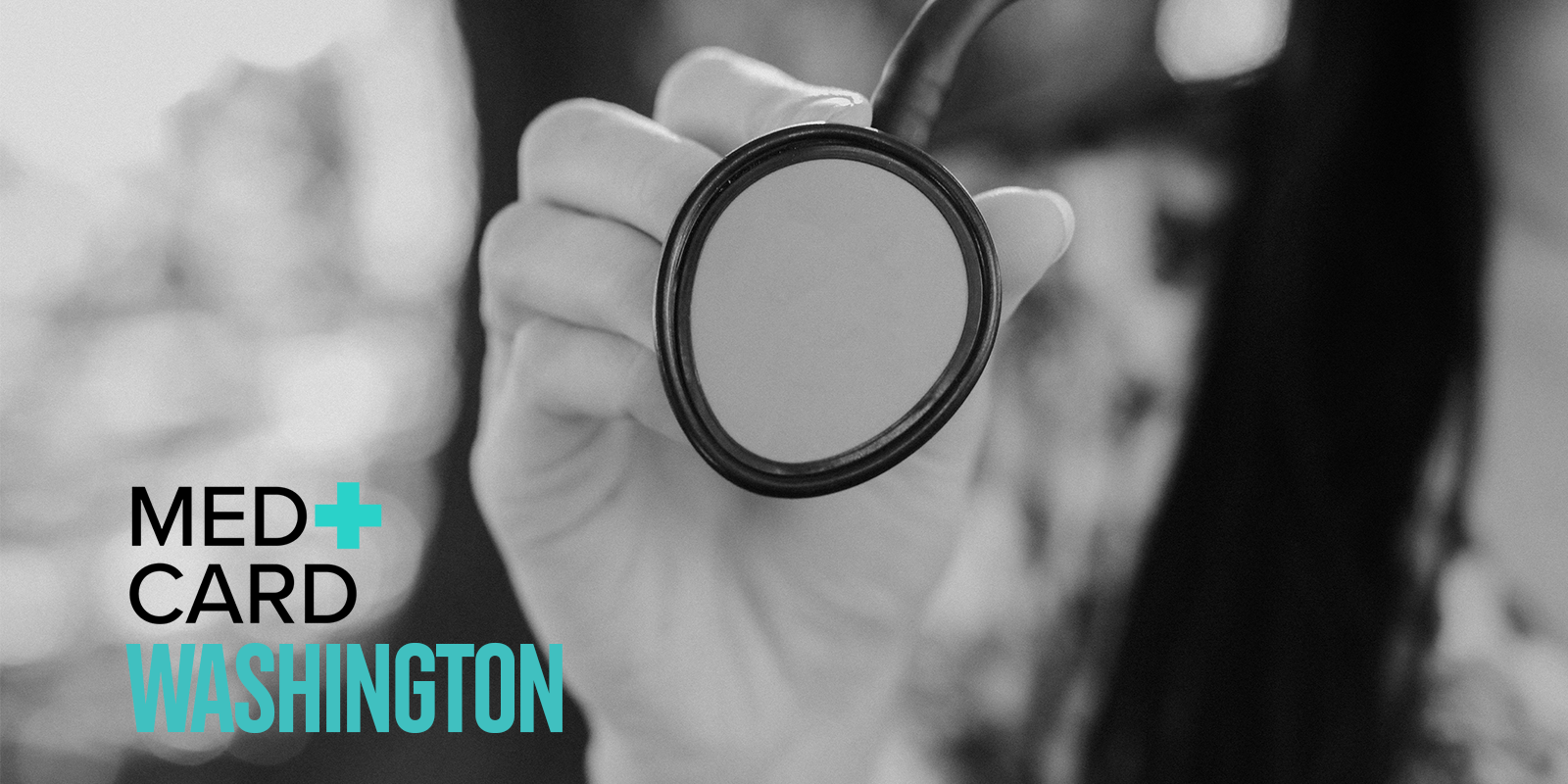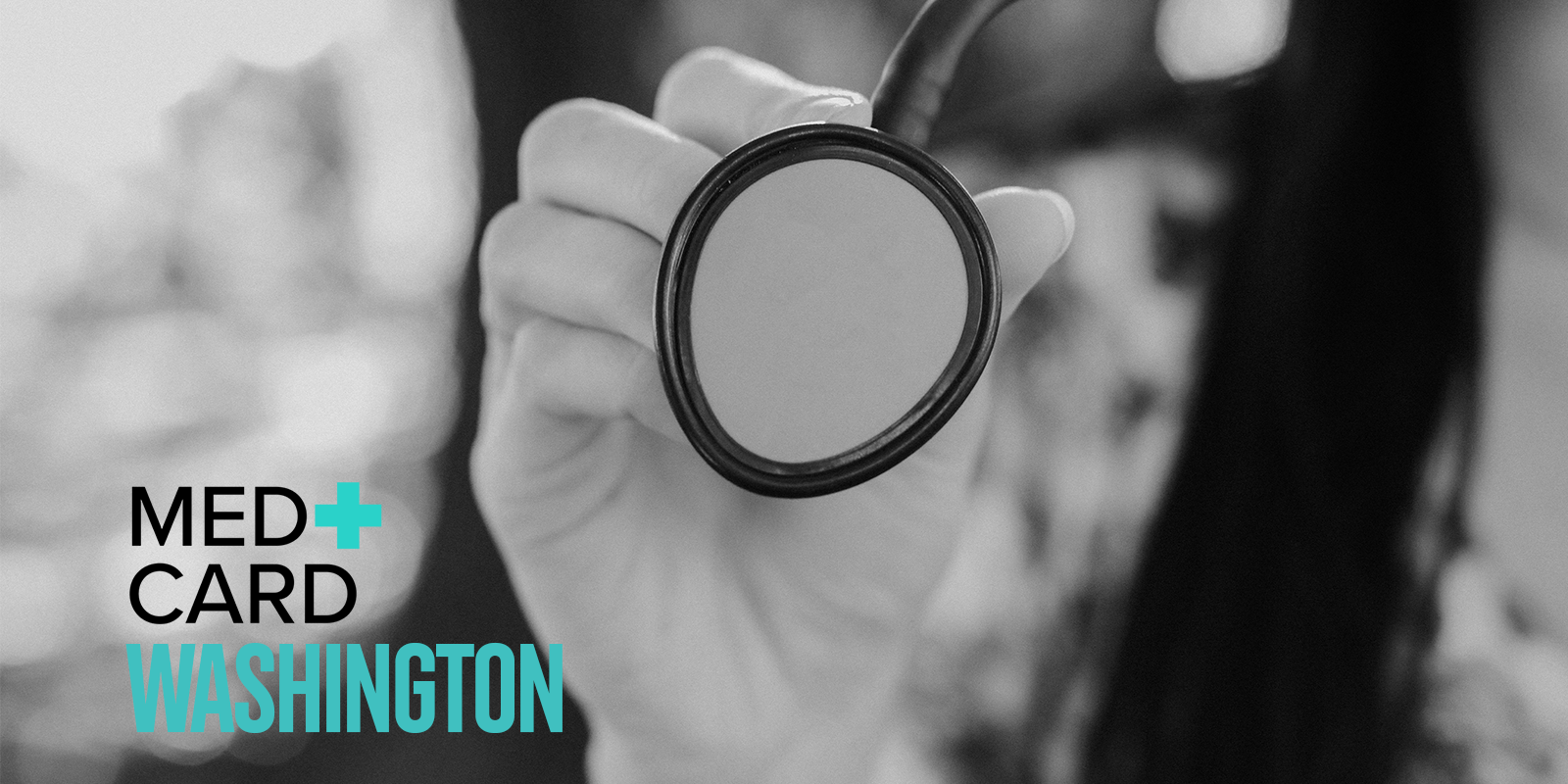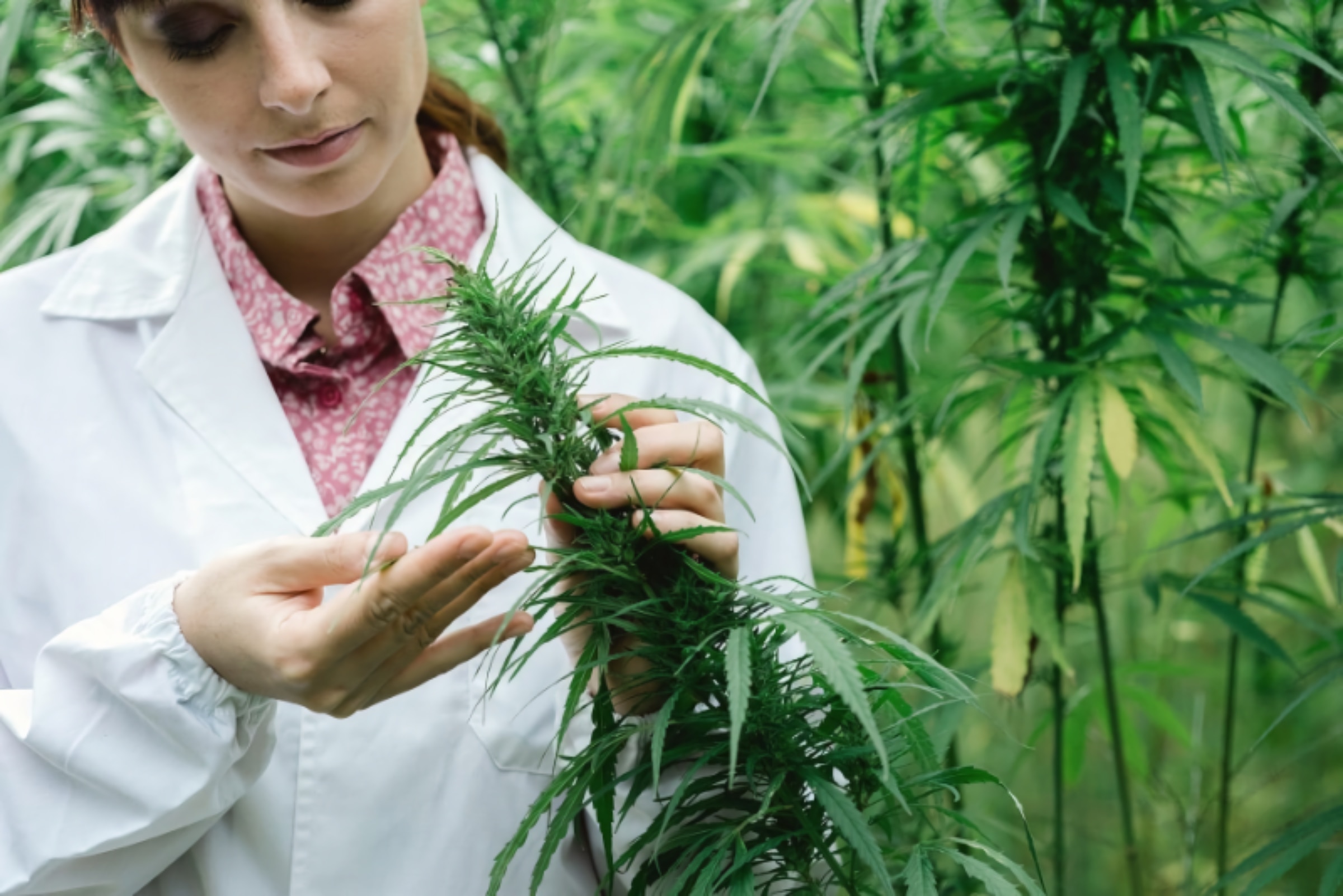
The medical marijuana program in Washington state is orchestrated differently from most other states. Once qualified by a physician, patients can visit any medically endorsed marijuana stores to speak with a certified consultant to enter into a medical marijuana authorization database and obtain a recognition card. This card enables patients to purchase, possess, and grow a limited number of marijuana plants in their residence.
The state’s medical marijuana program is overseen by the Washington Department of Health. Health-care practitioners may authorize the use of marijuana for any patient as long as it’s medically appropriate under state law and the profession’s standard of care. Jessica Baggett, a spokesperson for the Department of Health, told Weedmaps News that there have been 33,384 recognition cards issued as of June 29, 2018. Intractable pain was listed as the top qualifying condition, making up a whopping 77% of certified adult patients in Washington.
Washington’s Qualifying Conditions
- Anorexia and other diseases which result in nausea, vomiting, cachexia (wasting syndrome), appetite loss, cramping, seizures, muscle spasms, or spasticity
- Cancer
- Chronic renal failure requiring hemodialysis
- Crohn’s disease
- Epilepsy or other seizure disorder
- Glaucoma
- Hepatitis C
- HIV/AIDS
- Intractable pain
- Multiple sclerosis
- Post-traumatic stress disorder (PTSD)
- Spasticity disorders
- Traumatic brain injury
Applying for Medical Marijuana in Washington
Those who wish to become a medical marijuana patient in Washington must be a resident of the state, have a qualifying medical condition, and obtain a Medical Marijuana Authorization form from a healthcare practitioner.
Qualifying patients who believe they would benefit from the use of medical marijuana may see any of the following types of healthcare practitioners licensed in Washington:
- Medical doctor (MD)
- Physician assistant (PA)
- Osteopathic physician (DO)
- Osteopathic physician assistant (DOA)
- Naturopathic physician
- Advanced registered nurse practitioner (ARNP)
Patients younger than 18 must have a parent or guardian who participates in the treatment and agrees to the medical use of marijuana by the minor along the guidelines specified by state law. Both the minor and parent or guardian must be entered in the state’s medical marijuana authorization database and hold a recognition card.
A Patient’s Guide to the Medical Marijuana Authorization is an official resource that parents or guardians of applicable underage patients may want to browse before starting the application process.
Appointing a Caregiver
A designated provider must meet requirements established under state law. The law permits a “1-to-1 relationship,” meaning a patient can only have one designated provider and a designated provider can only serve one patient at a time. A patient’s healthcare practitioner must issue two authorizations — one indicating who the patient’s designated provider is and one indicating who the designated provider’s patient is.
Acquiring Your Medicine
All licensed and medically endorsed marijuana stores are required to have a certified medical marijuana consultant on staff to work with patients and create recognition cards. These consultants, who are required to complete a 20-hour training program, are not medical providers, and can only assist patients with:
- Entering patient and designated provider information from the authorization form into the medical marijuana database and creating the medical marijuana recognition card.
- Assisting the patient with selecting products that may help with their condition.
- Describing risks and benefits of methods for using products.
- Giving advice on ways to properly store products and keep them safe from children and pets.
- Showing how to properly use products.
- Answering questions about the medical marijuana law.
Qualified patients and designated providers may legally purchase any combination of the following from a licensed marijuana store:
- 3 ounces, or 85 grams, of usable marijuana
- 48 ounces, or 1.36 kilograms, of marijuana-infused products in solid form
- 216 fluid ounces, or 6.39 liters, of marijuana-infused products in liquid form, or
- 21 grams of marijuana concentrate.
Recognition cardholders may also grow up to four plants for personal medical use in their home or as a member of a cooperative. They are legally allowed to possess up to 8 ounces, or 227 grams, of usable marijuana produced from those plants. If a patient’s health-care practitioner determines the patient requires more than the presumptive amount, they may authorize up to 15 plants for personal medical use and possession of up to 16 ounces of usable marijuana produced from their plants.
Rules for Patients Visiting from Other States (Reciprocity)
Washington does not have a reciprocity clause, but while a person with a medical marijuana card from another state would not be afforded the same protections or receive the same benefits as a qualifying patient residing in the state, any consumer 21 or older can legally purchase cannabis products from a licensed adult-use store. Non-resident patients may want to consider locating a medically endorsed store and reviewing that retailer’s menu to find a medical marijuana product similar to what they’re taking.












